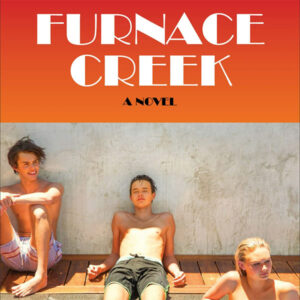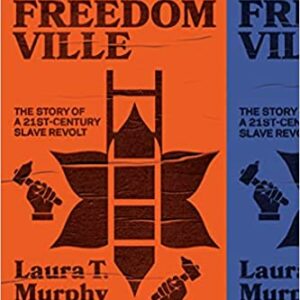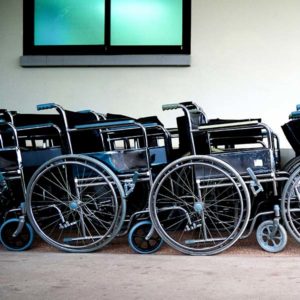
Scholar-to-Scholar Talk: “Positionality and Inequality in the Humanities”
How do scholars’ backgrounds and communities inform the research questions they pursue in the humanities? Historian Devin Fergus (NHC Fellow, 2023–24), feminist cultural critic Lynn Mie Itagaki (Resident Associate, 2023–24), and anthropologist Matt Sakakeeny (NHC Fellow, 2023–24) discuss efforts to increase diversity, equity, and inclusion in the academy.




